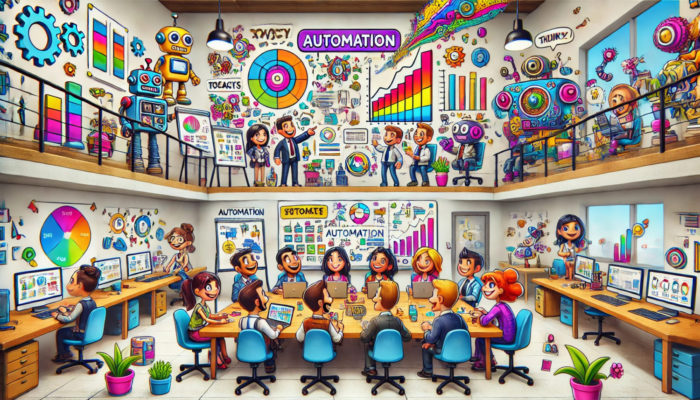
“Let’s just get started. We’ll work it out as we go. Who needs a plan anyway? We’re Agile!”
We knew some stuff. We certainly had enough excitement. The roadmap would become clearer as we did the work and made progress.
Or at least that was what we assumed. But 20 years ago I was still learning my trade.
And sure enough, not far into the project things got sticky. We’d made decisions without the client. Some which would be tough to undo. But undo them we must. Time and money had been wasted.
The key learning at the time was to know as much as possible before starting. Workshopping, user research, data analysis, paper prototyping. With the client stakeholders.
Often discussions we’d be having as we went anyway, just frontloaded to ensure we all headed in the right direction as a single group.
We found that starting things well had a compound effect on the remainder of the project. A poor start was impossible to compensate for later. Aligning, understanding and agreeing could (and should) all happen before work began.
Then, the majority of projects could be focused on doing, and smaller discoveries and changes to maximise the value being created.
And that’s now a key part of the approach I take with teams. We focus on starting projects well. Aligning around the needs, and a plan, and only then getting started.



